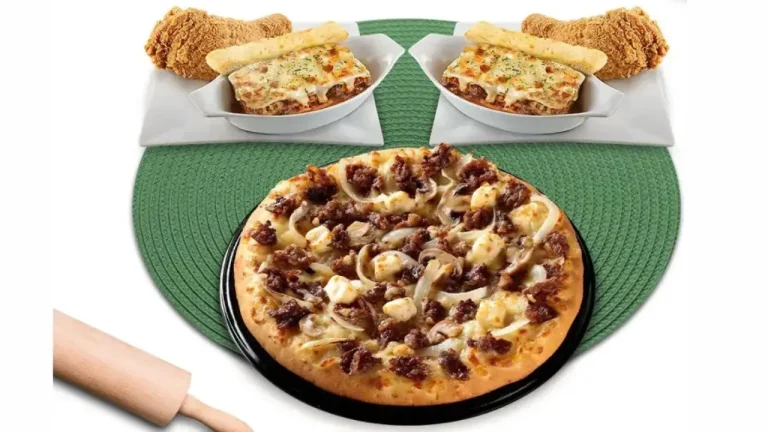Decluttering Your Space, Decluttering Your Mind
Most of us live with more stuff than we really need. Closets overflow, drawers stick, and desks collect papers that never get sorted. It may not feel urgent, but physical clutter often shows up in mental clutter too. In the same way people might look for distractions like 32 cards play online, many turn to clutter as a way of avoiding other decisions. The things we hold onto are rarely just about storage—they reflect habits, memories, and sometimes hesitation to let go.
The Link Between Clutter and Mental Load
When a room is full of things, the mind takes in every object. Even when you’re not paying attention, the brain is processing the piles on the floor, the mail on the counter, or the stack of books by the bed. Each item becomes a small reminder of something unfinished.
Over time, this adds up. You might not think about it directly, but the weight of those small reminders builds into mental noise. That noise can make it harder to focus, plan, or even relax. It’s one reason people report feeling calmer after tidying up.
Why We Hold On to Things
Decluttering isn’t just about throwing things out. It’s about asking why we keep them. Some items stay because of memory—an old shirt tied to a trip, a letter from years ago. Others stay because of fear—“I might need this one day.”
The tricky part is that these reasons feel valid in the moment. Memory and potential usefulness carry weight. But when everything carries weight, nothing can move. The result is storage that feels stuck, and a space that reflects indecision.
Letting go doesn’t mean forgetting. It means deciding which things serve you now and which only take space. That decision, repeated over time, creates a lighter environment both physically and mentally.
The Process of Decluttering
Different people approach decluttering in different ways, but most methods come down to a few key steps:
- Start small. A drawer, a shelf, or a corner. Big projects stall when the task feels overwhelming.
- Decide quickly. Keep, donate, or discard. The longer the decision, the harder it becomes.
- Notice resistance. If an item feels hard to let go, ask why. Often the reason is more emotional than practical.
- Set limits. Space is finite. A shelf should hold only what fits neatly. A closet should close easily.
- Repeat regularly. Decluttering is not a one-time event. Life brings new things in, and space has to be managed over time.
Mental Benefits of a Clearer Space
People often report feeling lighter once clutter is reduced. The reasons are both psychological and practical.
On the psychological side, fewer items mean fewer decisions. Each time you see a pile of papers, there’s a small choice waiting: sort them, ignore them, or move them again. With fewer piles, there are fewer choices draining energy.
On the practical side, time is saved. A desk with only essential tools makes work easier. A kitchen with only what’s used regularly makes cooking smoother. Less searching, less shuffling, more focus on the task at hand.
Decluttering as a Form of Reflection
Clearing space often reveals patterns. Maybe there’s a habit of buying books faster than they’re read, or holding on to broken electronics “just in case.” These patterns say something about how we deal with the past, with uncertainty, and with hope for the future.
This reflection can be uncomfortable, but it’s also useful. Decluttering isn’t just about creating an organized home—it’s about noticing what choices brought the clutter in the first place. That awareness can change future habits, preventing the cycle from repeating.
Beyond the Physical
Decluttering the environment often leads to other kinds of decluttering. Once physical space feels clear, people may start to notice where else they carry clutter: schedules packed too tightly, digital inboxes with thousands of unread emails, or relationships that no longer feel balanced.
The same process applies—asking what serves you now, and what only weighs you down. Physical decluttering is simply the most visible place to start.
Final Thoughts
Decluttering isn’t a magic cure for stress, but it’s a practical way to create breathing room. A clear space doesn’t solve every problem, but it reduces the background noise that makes those problems feel heavier.
“Decluttering your space, decluttering your mind” isn’t just a phrase—it reflects how environment shapes thought. By managing the objects around us, we give our minds fewer signals to process, fewer decisions to carry, and more space to focus on what matters.






